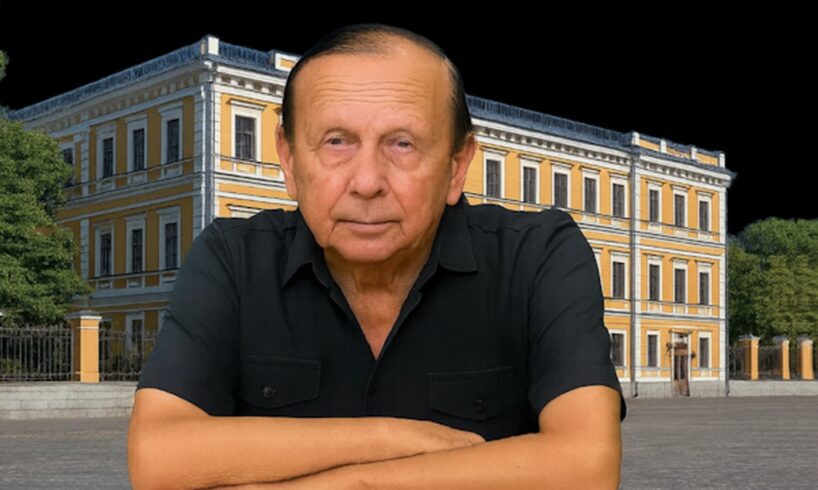
17:15
04.10.2025
VOLODYMYR KHAUSTOV
Volodymyr Khaustov, Scientific Secretary of the State Institution “Institute of Economics and Forecasting of the National Academy of Sciences of Ukraine”, Honored Economist of Ukraine, Candidate of Technical Sciences
The Ministry of Education and Science of Ukraine has completed the state certification of higher education institutions and scientific institutions in the fields of agricultural, veterinary, and social sciences using a new methodology for evaluating scientific effectiveness.
The goal is not only to evaluate, but also to support the strongest scientific teams. For the first time, not only legal entities were evaluated, but also individual scientific departments.
This is important. Because without funding for science, there is no future. As Ronald Reagan once said, “We fund science not because we are rich. We are rich because we fund science.”
In conditions of limited resources, the state must support those who are truly making breakthroughs in modern science. The new approach of the Ministry of Education and Science provides an opportunity to change what has remained unchanged for decades.
The reality is that since the days of the USSR, there have been a number of scientific institutions that have no real customers, exist only on budget funds, and do not provide a return on investment. Certification should force these institutions to change.
The methodology is necessary and timely. But it is not perfect.
On the positive side, certification is carried out by scientific field, which is logical. However, the consolidation of groups is problematic. For example, all social sciences are evaluated together. This includes economics, history, and sociology… And each has its own publication traditions and sources of funding.
Therefore, the formula must take into account the specifics. And the weighting coefficients must be differentiated.
In addition, the methodology was approved after the Cabinet of Ministers had already adopted a resolution on the certification itself. In other words, the decision was made first, and only then were the rules of the game developed. This creates legal conflicts.
One more thing. Filling out reports is a huge bureaucratic burden. The data has to be entered manually, which takes months. Even though all publications and patents are already in the DNTB and UkrNOIVI databases. In 2022, I proposed creating an automated system called “Science of Ukraine,” which would collect and calculate this data itself. But so far, it’s still manual.
A separate problem is the single integrated indicator. It includes everything, but it doesn’t give an idea of the uniqueness of the institution. It’s better to have fewer indicators, but ones that are truly important. Today, the world increasingly trusts expert assessments rather than purely mathematical formulas.
It is also unacceptable that one methodology is used for all sciences, including sectoral science. Sectoral institutions often have no publications in Scopus or WoS, no publications at all, and no patents, because their results are closed or confidential.
There is an imbalance in the final certification scores. Preference is given to publications in foreign editions and grants from foreign organizations. For example, 3 hryvnia of Ukrainian competitive funding is equivalent to 1 hryvnia of international funding. And foreign contractual funds are valued at one and a half times higher than domestic ones.
The situation is similar with publications. Seven out of 11 indicators relate to foreign journals. A monograph in Ukraine is equivalent to only one section in a monograph indexed in Scopus. This is disproportionate.
In the field of intellectual property, there is another absurdity. One patent is equivalent to three monographs. But patents for chemical compounds can be stamped out by varying the formula. At the same time, there are almost no real license agreements for use. In three years, there were only 148 for inventions.
The situation is also paradoxical with regard to expert activities. For example, our colleagues participated in UN and UNESCO expert assessments and evaluated state awards, but this is not taken into account because it is “not provided for” by the methodology.
In conclusion, the new methodology makes sense and is necessary. But it needs to be refined. Taking into account the realities. And with a focus on the development of science in Ukraine, not just statistics on cooperation with foreigners.
The development of a state begins with science. And science is not just a report, a formula, or a database. It is people. It is ideas. It is our future.
This article was prepared in collaboration with the Experts Club information and analytical center. See the video for details.





